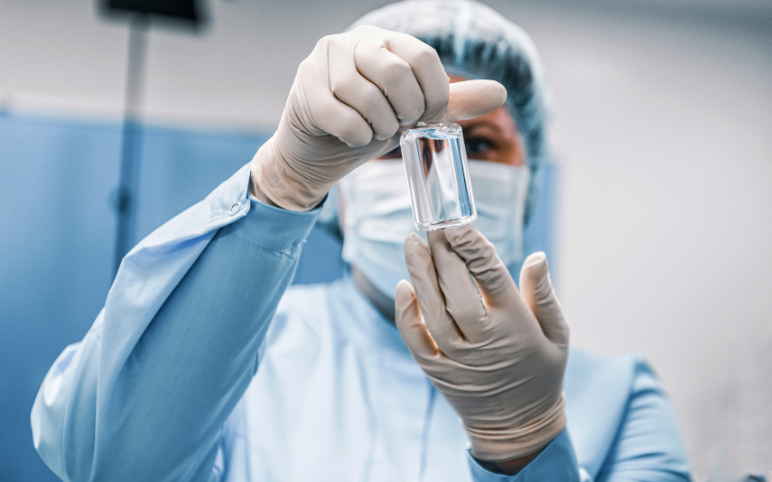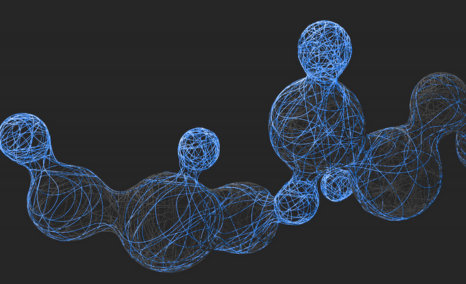FDA approves first Tenosynovial
giant cell tumour treatment Turalio (Pexidartinib)
The US FDA has given its approval to Turalio (pexidartinib) capsules for the treatment of symptomatic tenosynovial giant cell tumour (TGCT) associated with severe morbidity or functional limitations that surgery has failed to improve. The approval of Daiichi Sankyo‘s Turalio was based on the results of the multi-centre international clinical trial of 120 patients. The trial showed that Turalio had statistically improved in overall response rate (ORR) to 38 per cent. 15% of the patients showed complete response and 23% showed partial response. Tenosynovial giant cell tumors are a group of rare, benign tumors in synovium bursae and tendon sheaths.
This the first-ever FDA-approved therapy to be available to treat rare tenosynovial giant cell tumour. The approval will bring relief to those patients for whom the only available option so far Surgery does not work.
Sosei Heptares, Takeda enters into gastrointestinal disease R&D
pact
Sosei Heptares and Takeda have decided to embark on a new strategic multi-target R&D and commercialization collaboration to combine Sosei’s structure-based drug design proficiencies with Takeda’s therapeutic area expertise. The novel molecules will include small molecules and biologics that control G protein-coupled receptor (“GPCR”) targets, and will initially focus on novel, high-priority targets to address multiple gastrointestinal diseases. The partnership will advance the discovery of gut inflammation and motility disorders.
Under the terms of the agreement, Sosei is eligible to receive up to USD 26 million upfront as research funding and future development, commercialization and net sales-based milestone payments may exceed USD 1.2 billion. Sosei is also entitled to tiered royalties on net sales of licensed products by Takeda, as well as Takeda receiving exclusive global rights to develop and commercialise therapeutic agents for each novel target through specified pharmacological approaches in the partnership.
Hillrom acquires Breathe Technologies and its wearable ventilator for USD 130M
Hillrom, a Medical technology company has signed a definitive agreement to buy Breathe Technologies for USD 130 Million in an all-cash transaction. The acquisition will help Hillrom to enhance its Respiratory Care portfolio, which includes The Vest, VitalCough, The MetaNeb System and Monarch Airway Clearance System.
Breathe Technologies is a respiratory care solutions provider and manufacturer of a patented wearable, non-invasive ventilation technology that supports improved patient mobility.
Breathe’s Life2000 is a volume-control, wearable, non-invasive mechanical ventilation system for a broad range of conditions including COPD, interstitial lung disease, restrictive thoracic disorder and post-lung-transplant rehab. The wearable will not confine patients to home since it can be independently used outside the home with an alternate pressure source.
Breathe’s Life2000 added to Hillrom’s respiratory care portfolio, will ensure the companies to benefit from at least USD 30 million of net operating losses.
Exo Imaging raises USD 35 Million in Series B financing to expand
Ultrasound Platform
Exo Imaging has raised USD 35 Million to advance the development of its Ultrasound system based on patented Piezoelectric Micromachined Ultrasonic Transducers (pMUT) technology and artificial intelligence (AI). The company has been successful in raising USD 50M since 2015, the year it was founded. The Series B financing was led by Intel Capital along with Applied Ventures, Bold Capital, Creative Ventures, Longevity Vision Fund, Magnetar Capital, Nautilus Venture Partners, OSF Healthcare, Rising Tide Fund, Sony Innovation Fund, and Wanxiang Healthcare Investments.
The company plans to help physicians by providing a single, handheld probe which can be used for observing the heart and other organs to imaging a person’s vasculature or skeletal features in 3D.



